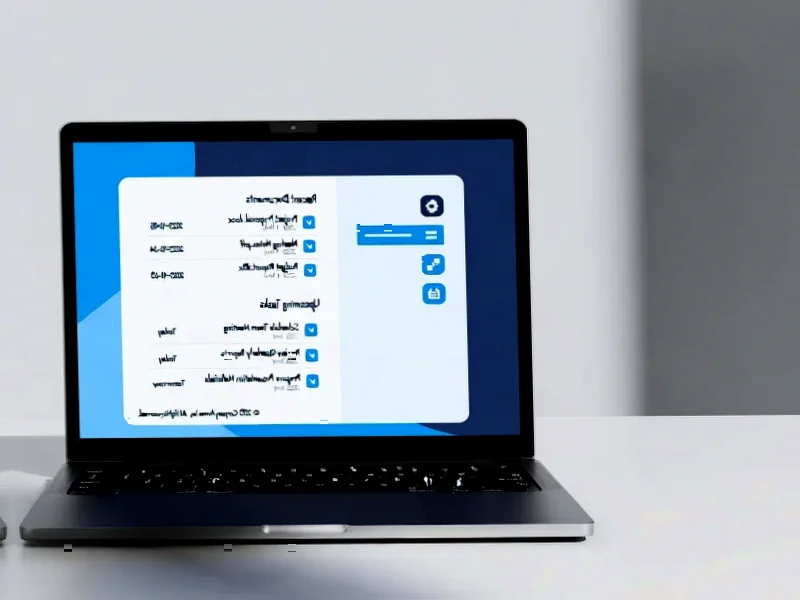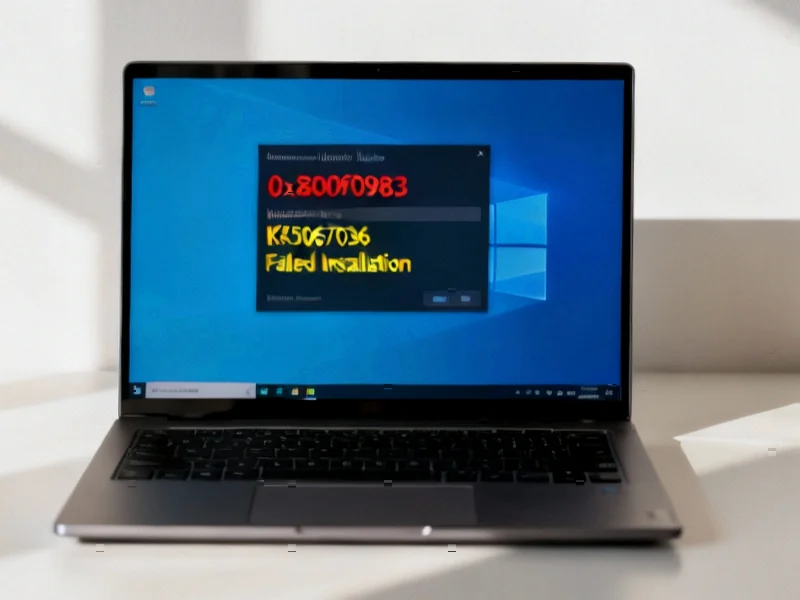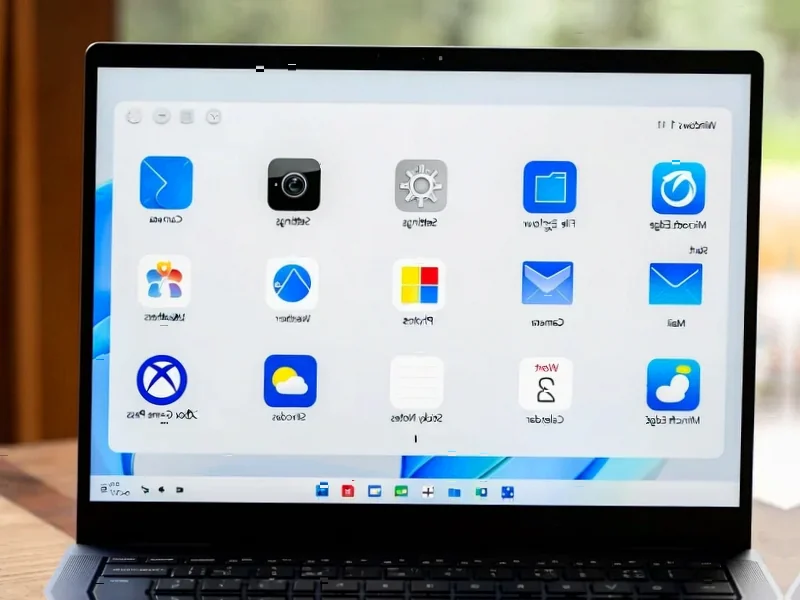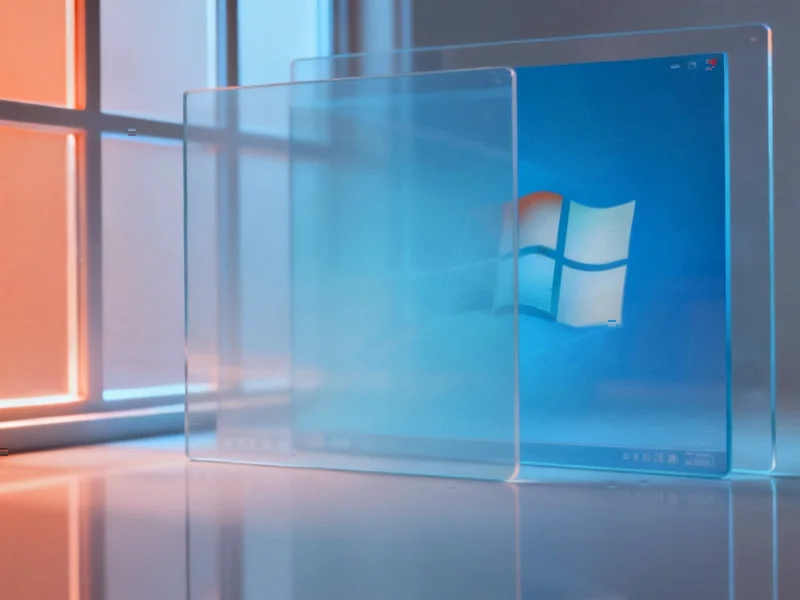The Three Critical Roadblocks Facing Arm-Based Windows PCs
After extensive testing of Arm-based Windows PCs including Surface Pro 11 and Dell XPS 13, three major compatibility issues emerge as potential dealbreakers. These limitations affect gaming, system recovery, and Linux installation capabilities. Here’s what prospective buyers need to understand about









